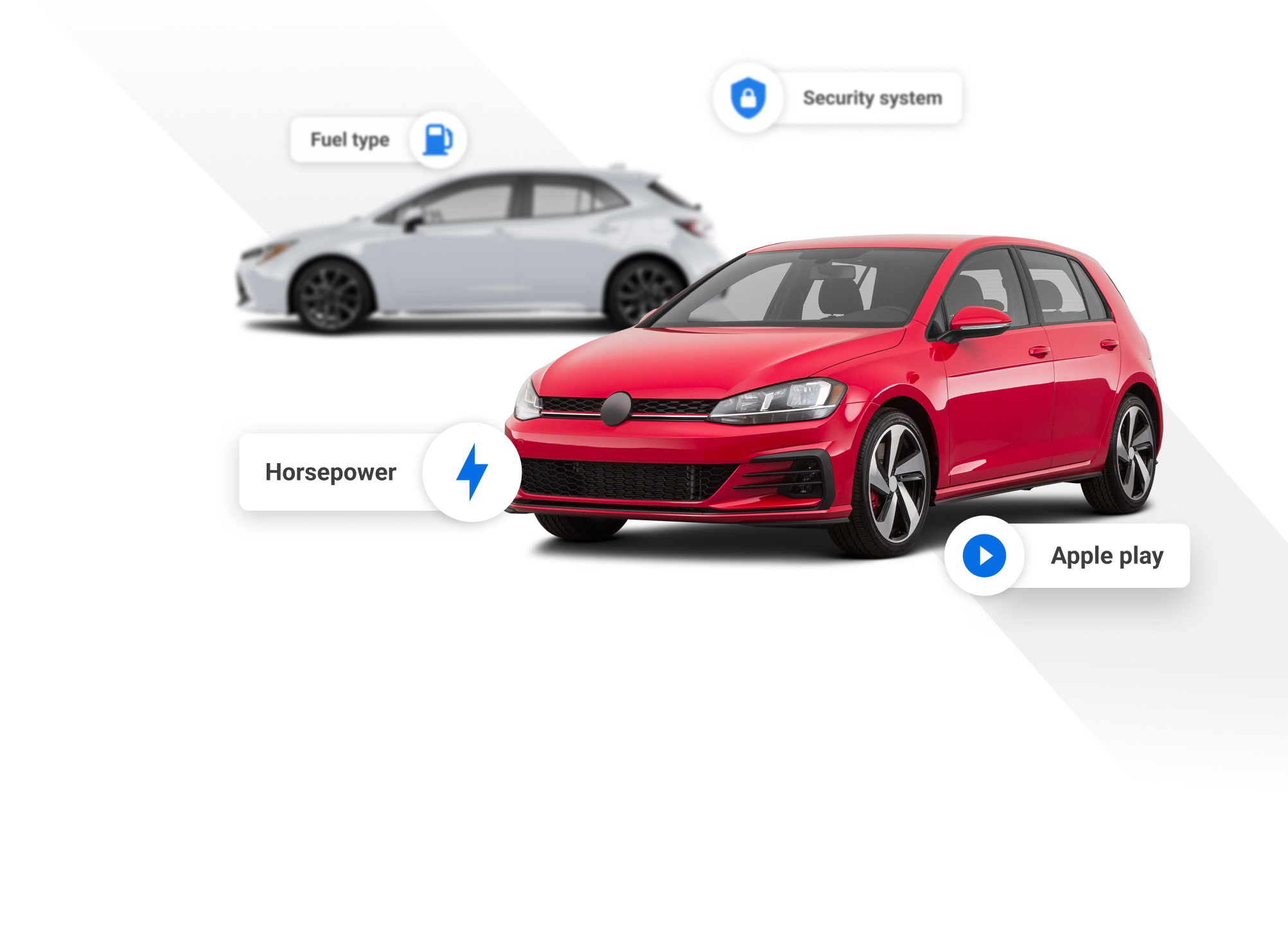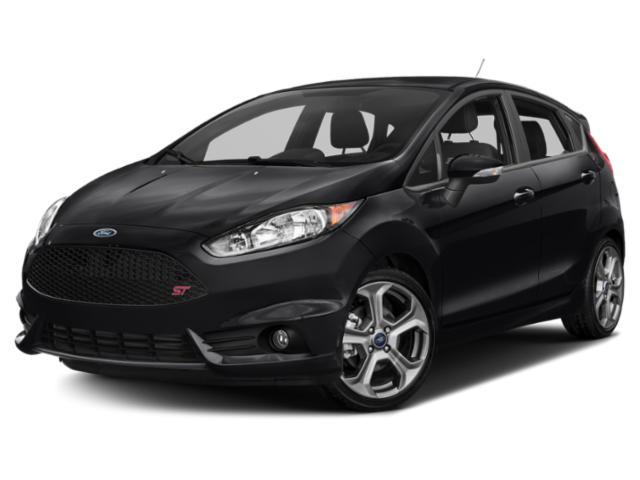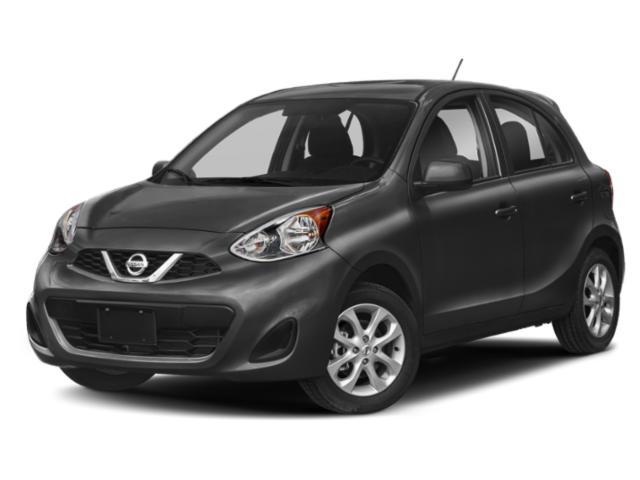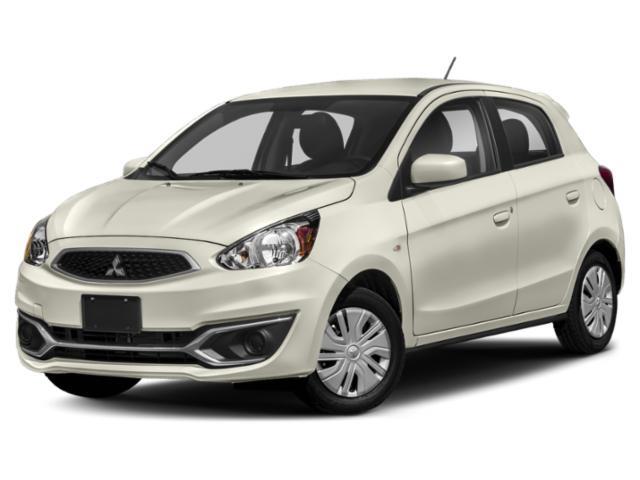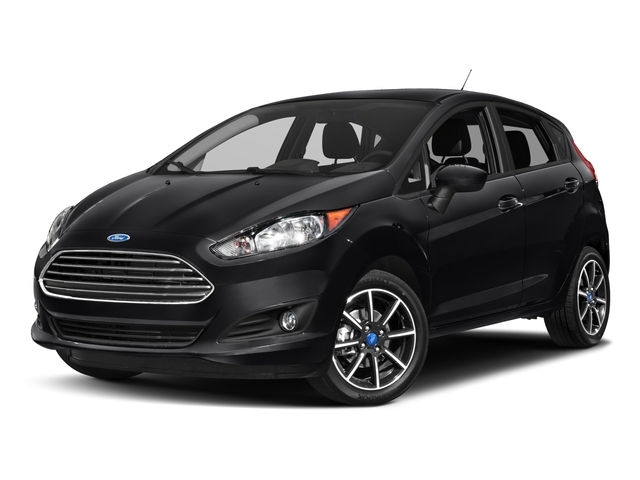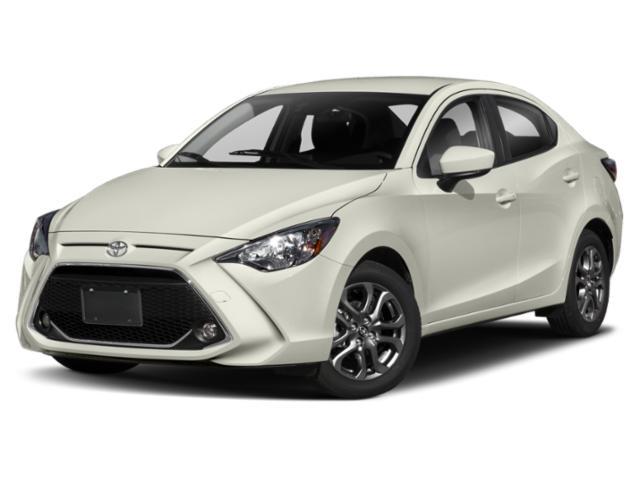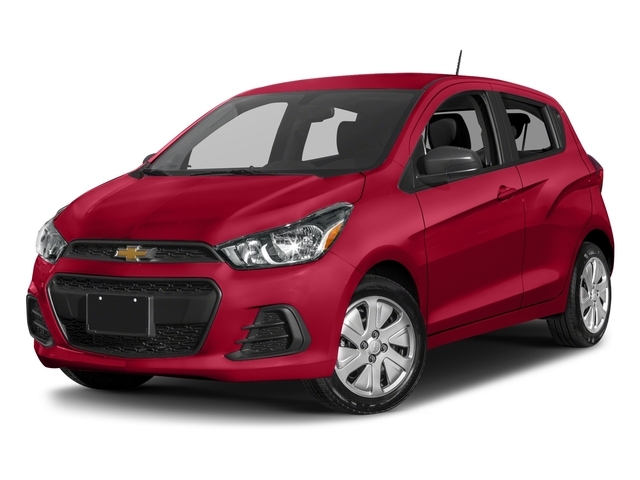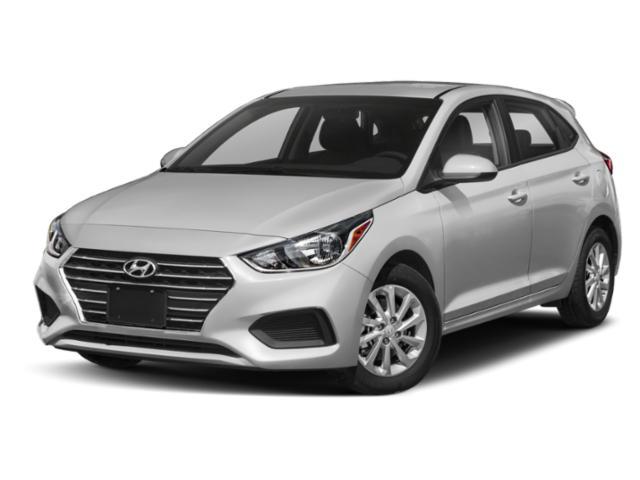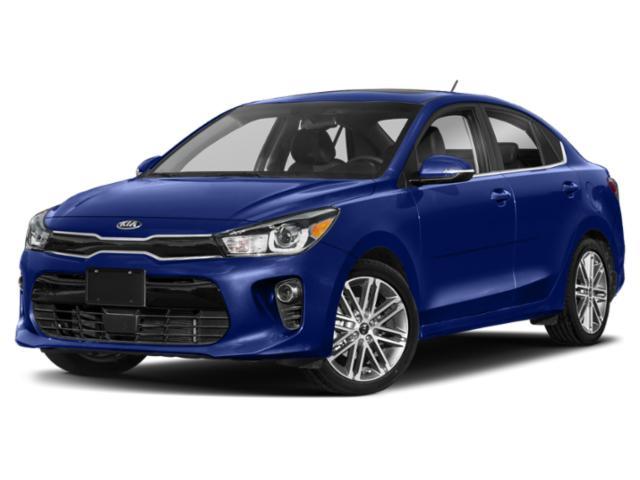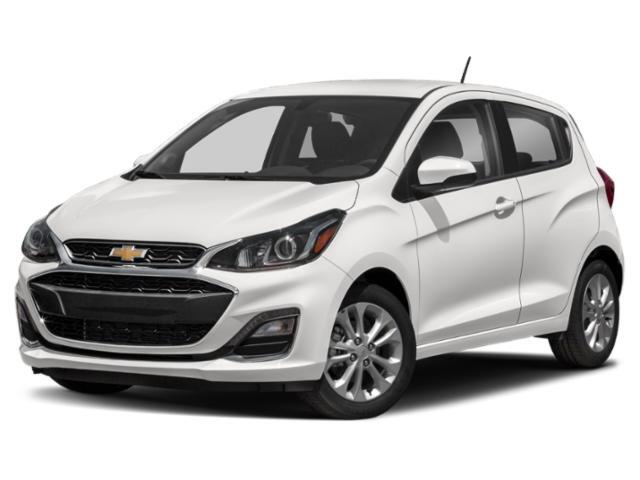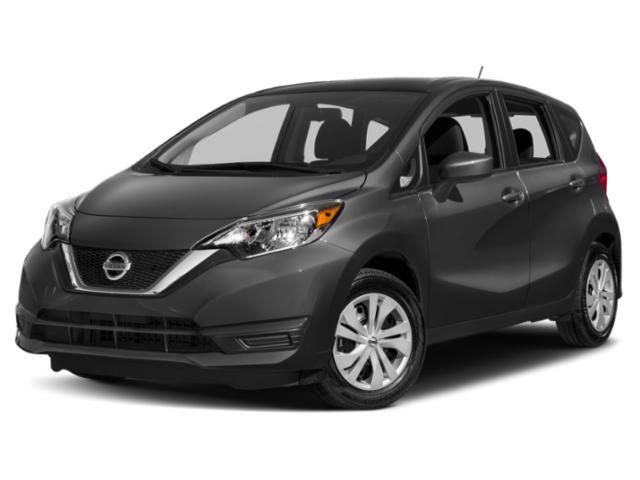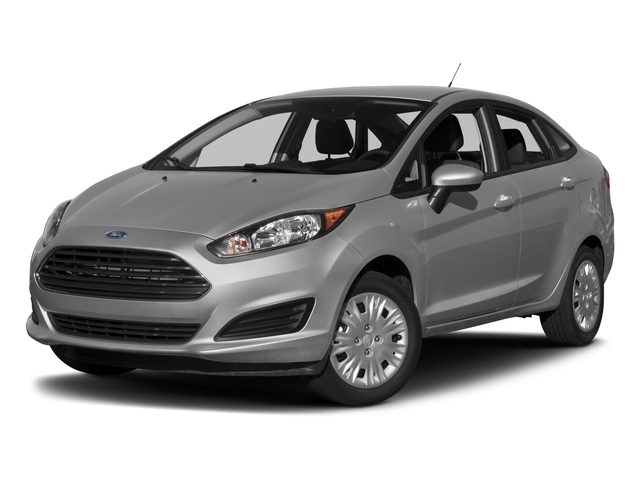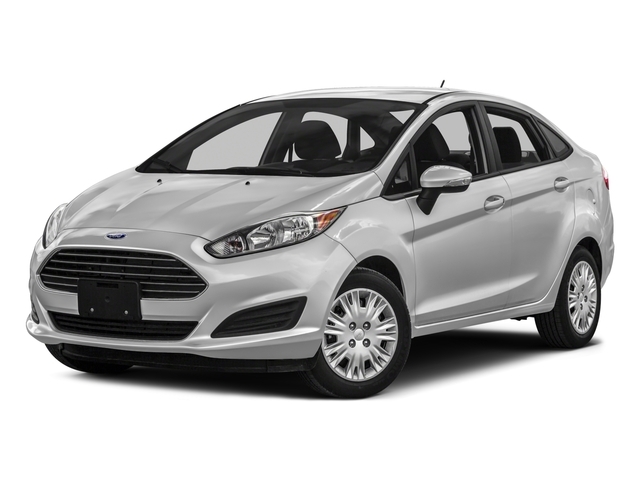
2019 Chevrolet Spark

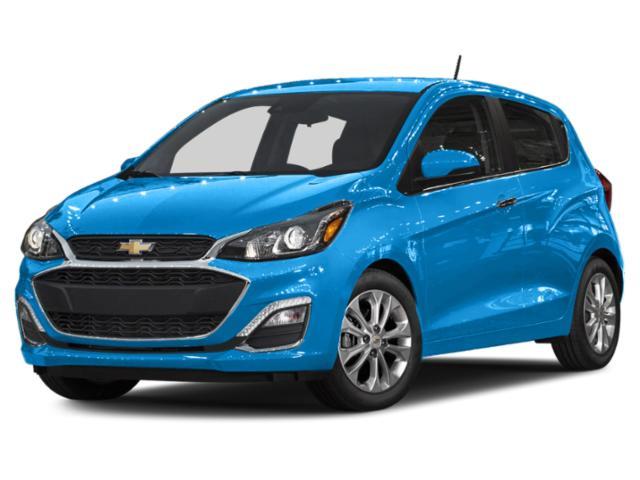
Key Specifications for 2019 Chevrolet Spark






Buyer’s Guide
It's fair to say North America, the land that loves SUVs a lot, is not the primary market for the Chevrolet Spark. This is the very definition of a tiny car, and it exists on this continent purely so that Chevrolet can offer its buyers a car with a price that starts around $10,000, which lets it compete with the likes of the Nissan Micra and Mitsubishi Mirage.
The Spark is very nearly as popular, per capita, in the U.S. as in Canada, which surprises us given that entry level cars like this tend to get more traction up here. Chalk its popularity up to Chevrolet's status as a brand about as all-American as you'll find.
For 2019, Chevrolet gives the Spark a refresh that includes updated styling on the outside and sees the cabin gain a pair of USB ports (replacing a single USB and an auxiliary input) and Chevrolet's third-gen infotainment system, which ditches the MyLink name used in previous years.
Otherwise, the Spark is unchanged. Power is from a 1.4L engine making 98 hp and 94 lb-ft of torque, which can be funneled through a standard five-speed manual transmission or an optional continuously variable (CVT) automatic.
As a nod to this car being targeted at young drivers whose lives revolve around smartphones, the Spark comes standard with a 7.0-inch infotainment touchscreen that incorporates the Apple CarPlay and Android Auto integration platforms. A standard backup camera carries over.
Otherwise, this is a very basic car: air conditioning is an option and the base model has windows, locks and mirrors that operate on muscle power.
Move up to the LT trim and Chevrolet adds OnStar, a Wi-Fi hotspot, air conditioning, height-adjustable driver's seat, cruise control, satellite radio. The 2LT model gets keyless entry, sunroof, steering wheel audio controls, power windows and rear park assist.
Chevrolet used to make an electric version of the Spark, but it's gone, presumably because it would be handily outshone by the brand's latest compact EV, the Bolt. That means you'll cross-shop a Spark with the Micra and Mirage we name-checked above. These are all great city cars, but if you plan to do any notable amount of highway driving, we would suggest spending a little more for something like a Kia Rio or Nissan Sentra, both of which are quite comfortable at the entry-level end of their respective spectrums.
Fuel consumption estimates are 8.0/6.0 L/100 km (city/highway) with the manual transmission and 7.8/6.2 with the CVT.
Review & Compare:
Photos

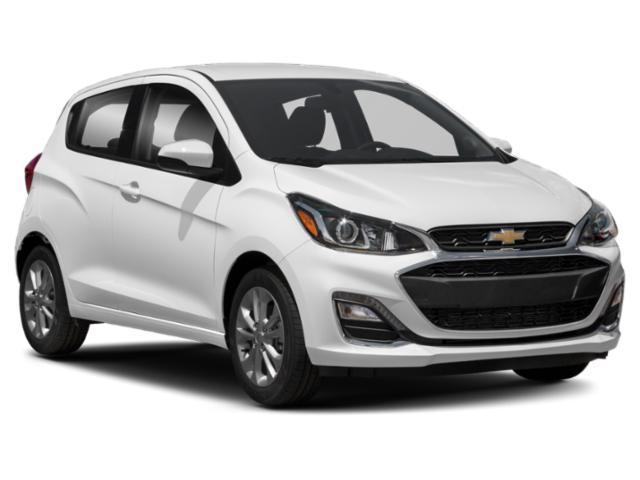
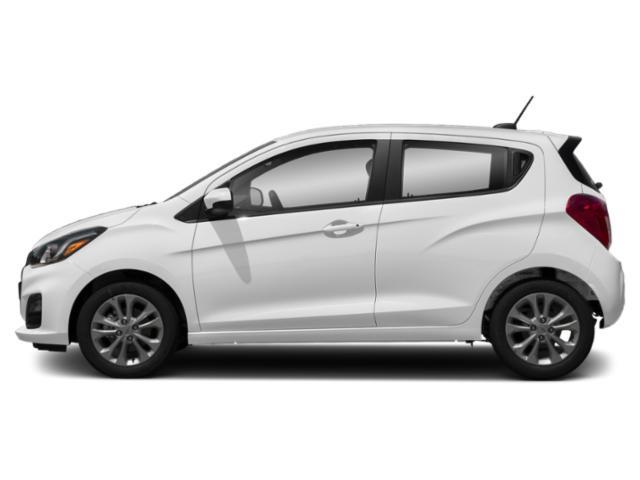
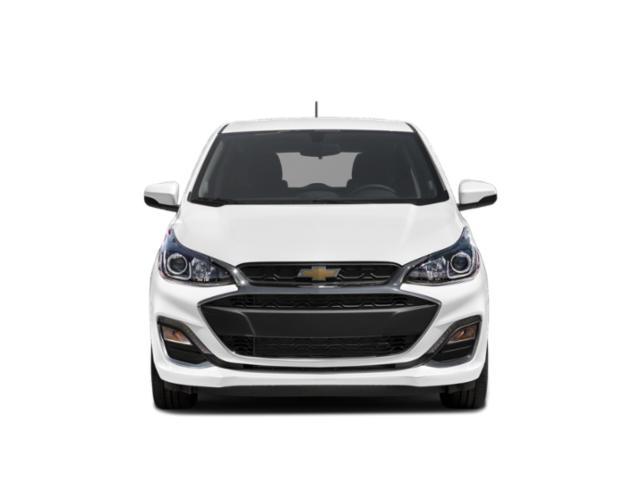
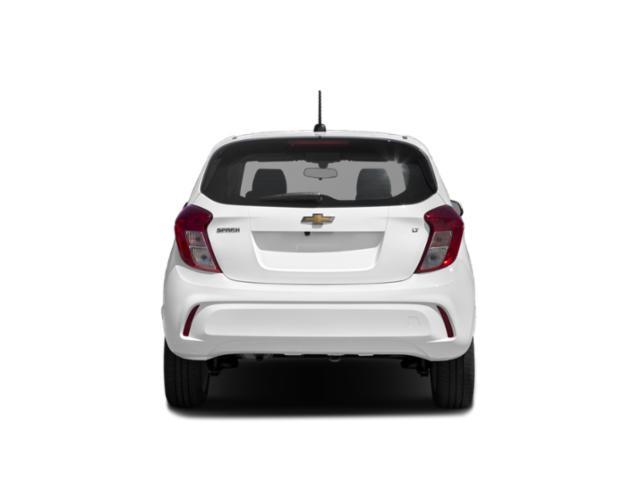
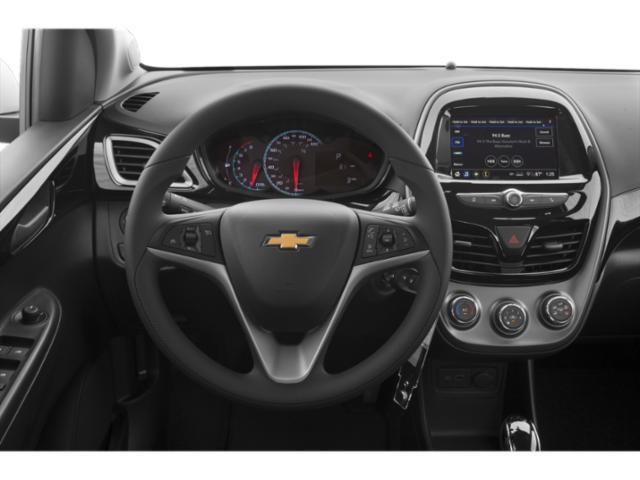
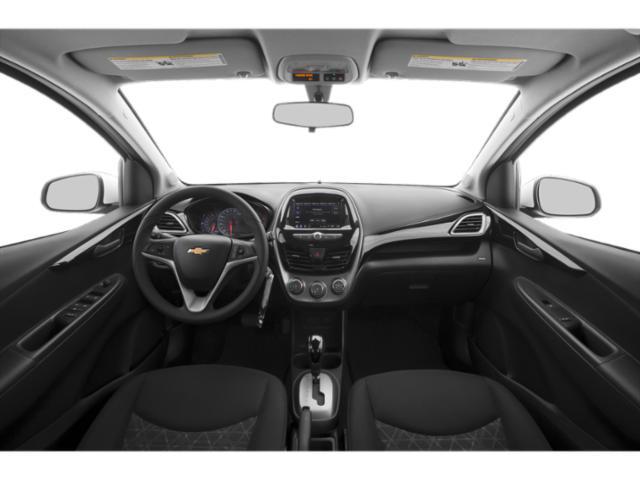
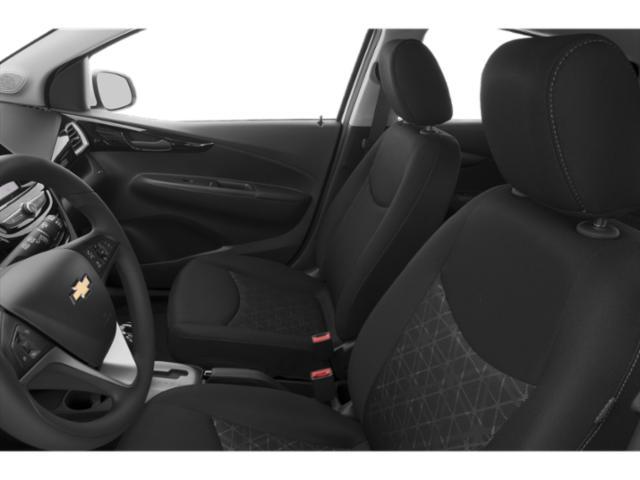
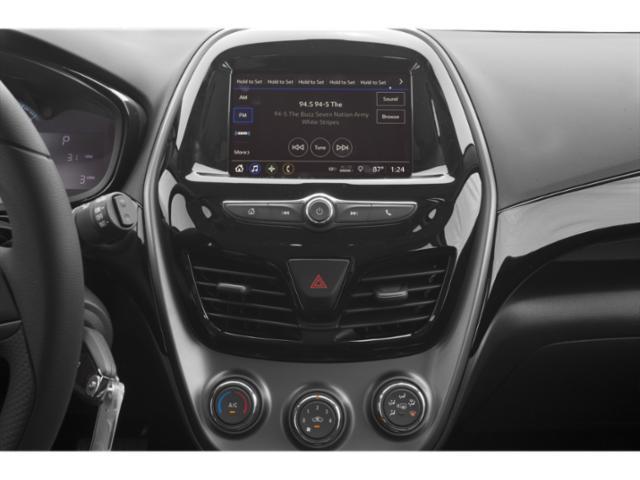
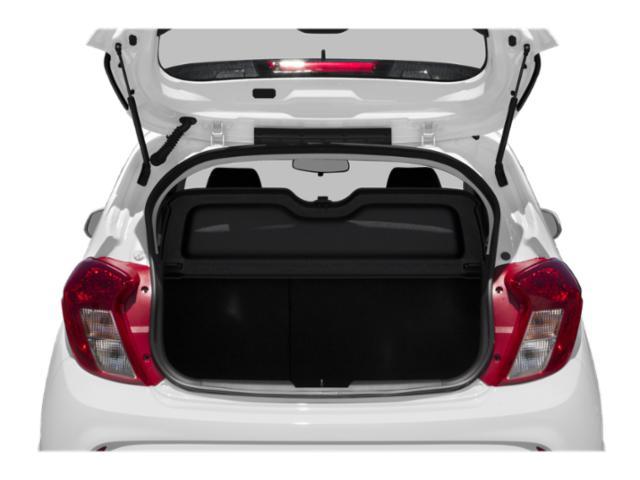
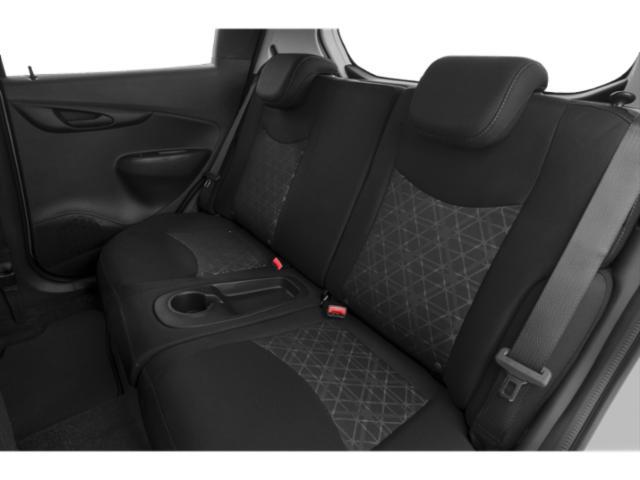
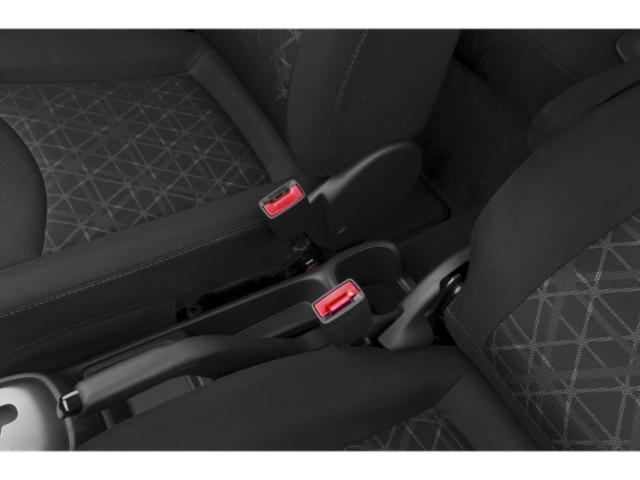
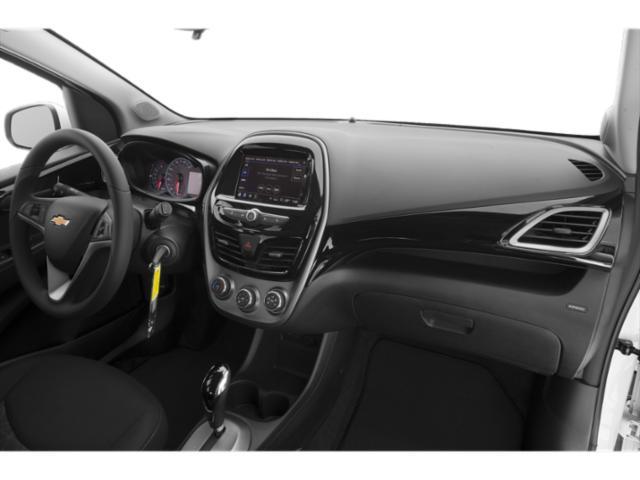













AutoTrader Review





